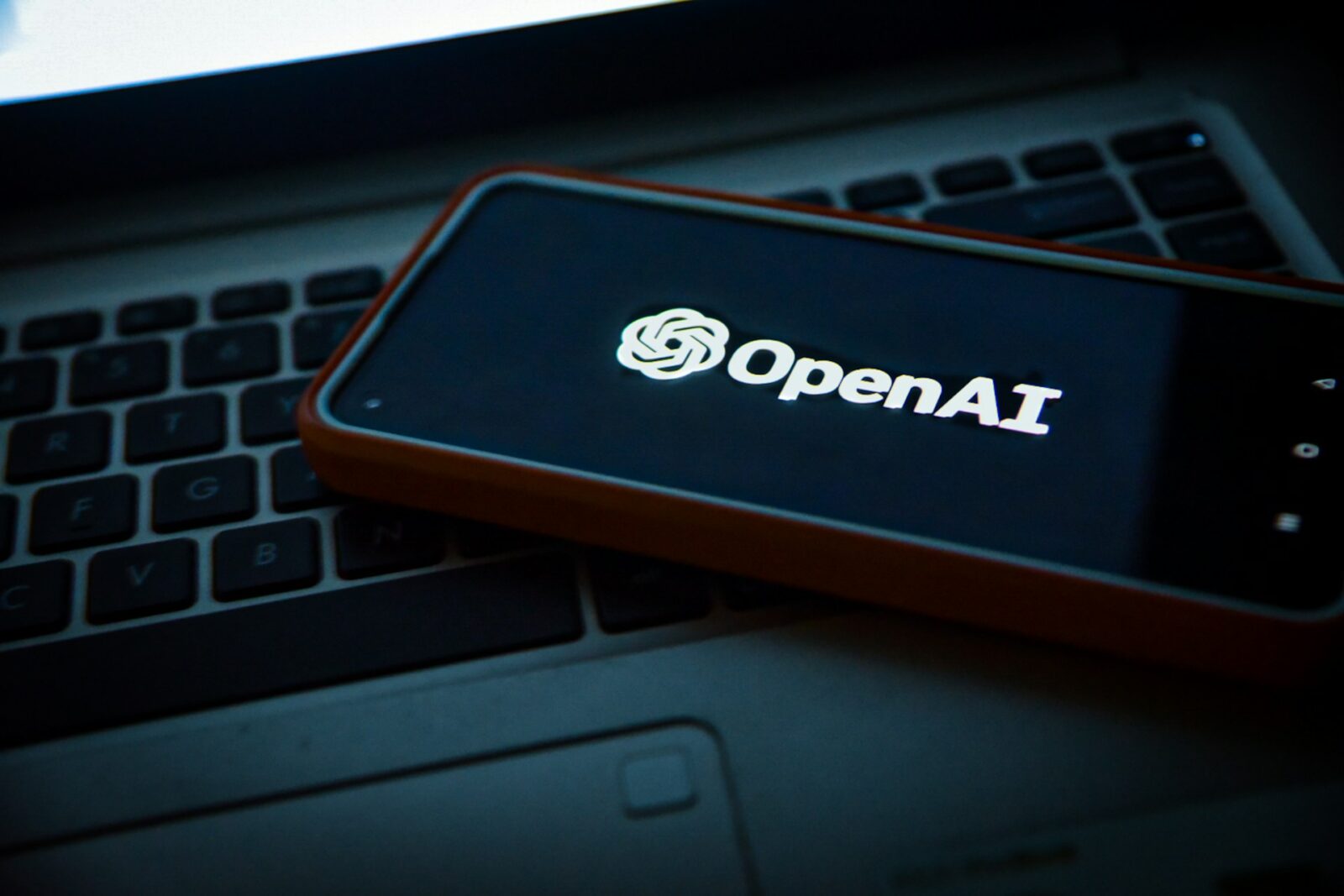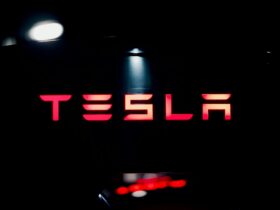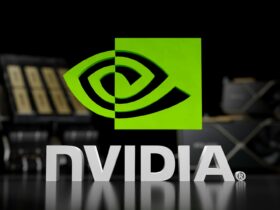The Rise of the World’s Most Valuable Startup
Artificial intelligence has just marked another historic milestone. OpenAI, the creator of ChatGPT, has reached a staggering $500 billion valuation, overtaking Elon Musk’s SpaceX to become the world’s largest privately held startup. This leap not only underscores investor confidence in AI but also highlights the sector’s shift from speculative hype to undeniable economic power.
In its latest secondary share sale, OpenAI employees and former staff cashed out roughly $6.6 billion worth of stock. Investors participating in this deal included heavyweights such as Thrive Capital, SoftBank Group, Dragoneer Investment Group, Abu Dhabi’s MGX, and T. Rowe Price. The new valuation is a dramatic jump from earlier this year, when a SoftBank-led financing round pegged OpenAI at about $300 billion.
This meteoric rise reflects the extraordinary investor appetite for companies at the forefront of AI’s industrial revolution — firms seen as capable of reshaping the way humans work, consume, and communicate in the decades ahead.
Why OpenAI Is Commanding a Premium
Unlike many startups that struggle for profitability, OpenAI has positioned itself as a strategic linchpin in global AI infrastructure. Through landmark deals with companies like Oracle Corp. and SK Hynix Inc., OpenAI has locked in partnerships that fuel the rapid construction of next-generation data centers. These projects are expected to cost trillions of dollars globally as demand for AI compute accelerates.
The company’s flagship product, ChatGPT, has already become a cultural phenomenon, but OpenAI is far from stopping there. With GPT-5 launched in August 2025 and new open-source models aimed at replicating human reasoning, the company is defending its market lead against fast-growing challengers like Google DeepMind, Meta, and Anthropic.
Despite its lack of profitability, OpenAI’s revenue-generating potential is enormous, especially as enterprise adoption of AI tools spreads from chatbots to mission-critical decision-making systems. Analysts argue that the company’s $500 billion valuation is not simply hype — it is a reflection of how investors view AI as the backbone of the 21st-century economy.
SpaceX vs. OpenAI: Two Different Paths to Mega Valuation
Elon Musk’s SpaceX has long dominated the startup valuation leaderboard with its $400 billion mark, built on satellite launches, reusable rockets, and its Starlink internet constellation. OpenAI’s surge past SpaceX is significant, as it highlights how digital infrastructure (AI) can scale faster than physical infrastructure (space travel).
Unlike SpaceX, which faces significant regulatory and geopolitical hurdles in the aerospace sector, OpenAI’s challenges lie more in ethics, talent retention, and intellectual property disputes. Both Musk and OpenAI co-founder Sam Altman have spoken about AI’s existential risks to humanity, but their paths diverged sharply after Musk’s exit from OpenAI’s board in 2018. Musk has since sued OpenAI, accusing it of abandoning its nonprofit roots and becoming too closely tied to Microsoft.
This bitter rivalry underscores the broader narrative: as humanity invests in its future — whether through rockets or robots — the fight for control over transformative technology is intensifying.
The Employee Angle: Retention, Liquidity, and Confidence
One overlooked aspect of OpenAI’s $500 billion valuation is its secondary sale structure. Unlike a traditional IPO, this deal was focused on employee liquidity. Current and former staff were allowed to sell shares, though the $6.6 billion sold fell short of the $10 billion limit OpenAI had set.
This suggests two things:
- Many employees believe in the long-term potential of the company and chose to hold onto their equity.
- OpenAI is using secondary sales as a strategic retention tool to compete against rivals like Meta, which is aggressively offering nine-figure pay packages to AI researchers.
By offering liquidity without going public, OpenAI rewards employees while keeping control over its financial narrative — a rare luxury for startups.
Competitive Pressures: Google, Meta, and Anthropic in the Arena
OpenAI’s valuation may be breathtaking, but its lead is anything but guaranteed. Giants like Google DeepMind and Meta are investing billions in AI “superintelligence” initiatives. At the same time, rising players like Anthropic are rapidly scaling with fresh capital injections.
The battle is not just about who builds the most powerful AI model. It is also about who secures talent, compute power, and long-term regulatory acceptance. With AI increasingly tied to national security and economic dominance, governments are closely watching the sector. OpenAI’s structure as a nonprofit-controlled public benefit corporation is an attempt to balance innovation with oversight — though critics like Musk argue it has already strayed from its original mission.
What a $500 Billion Valuation Means for AI’s Future
OpenAI’s valuation surge has broader implications:
- Capital Flows: Trillions of dollars are expected to flow into AI infrastructure, from semiconductor fabs to cloud superclusters. Companies like Nvidia, TSMC, and ASML are direct beneficiaries.
- Workforce Shifts: The demand for AI engineers, ethicists, and regulators will intensify. Nine-figure pay packages could become the norm in elite AI labs.
- Policy Challenges: Governments may step in to regulate AI companies that grow too powerful, just as antitrust measures targeted Big Tech in the past.
- Investment Frenzy: Retail and institutional investors alike will likely pile into AI-related equities and ETFs, further inflating valuations across the sector.
The Bigger Picture: Beyond Valuation
OpenAI’s rise to half a trillion dollars in value is more than a headline about one company. It’s a reflection of AI’s transition from theory to infrastructure. Much like the railroads of the 19th century or the internet in the 1990s, AI is laying the groundwork for the next economic era.
Whether OpenAI can maintain its dominance will depend on execution, ethics, and its ability to outpace rivals in research and commercialization. But one thing is clear: AI is no longer just a trend — it is the foundation of global economic power.
OpenAI’s Leap into the Future
With its valuation soaring past SpaceX, OpenAI is cementing its place as the defining startup of the AI era. From multi-billion-dollar partnerships to cutting-edge AI models, the company is shaping not just markets but the trajectory of human society itself.
The world is now watching whether OpenAI can deliver on its immense promise while balancing innovation with responsibility. If it succeeds, the $500 billion milestone may be just the beginning.
Reference : Shirin Ghaffary







Leave a Reply